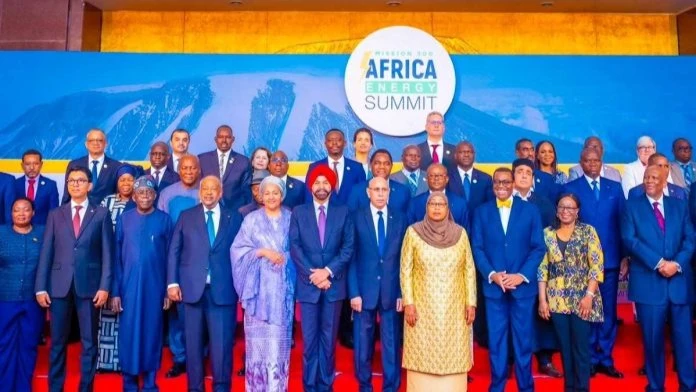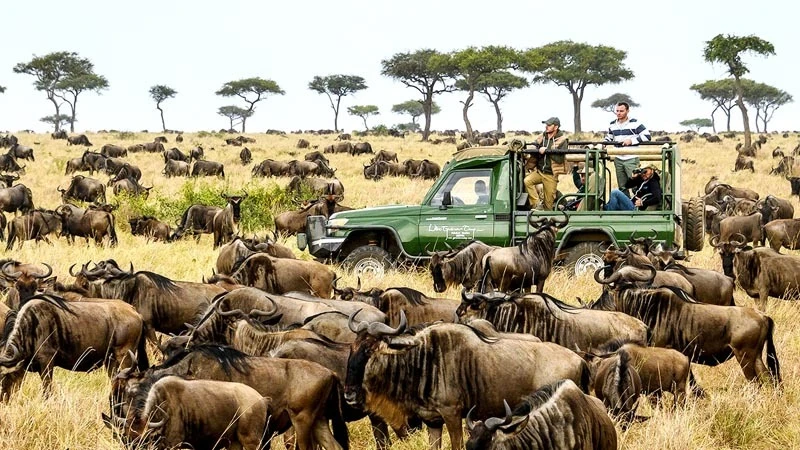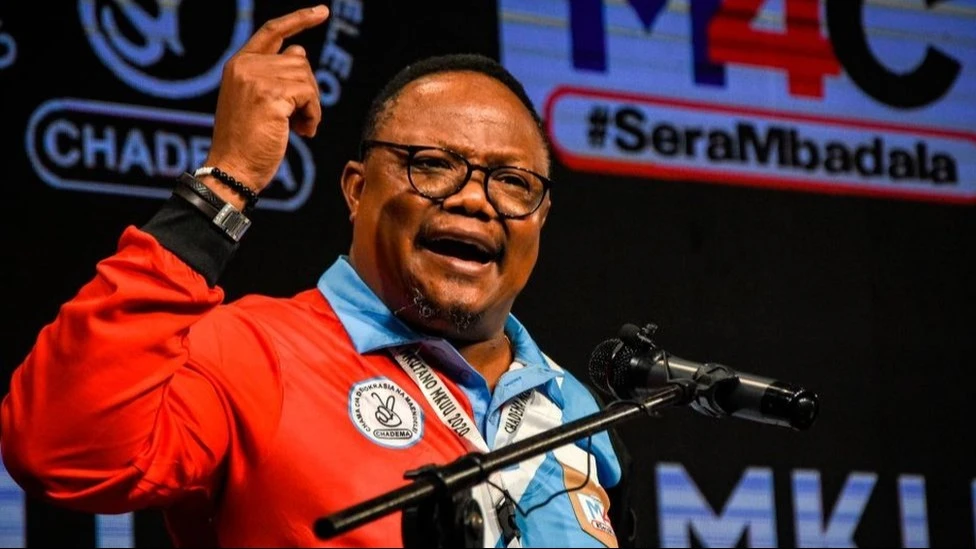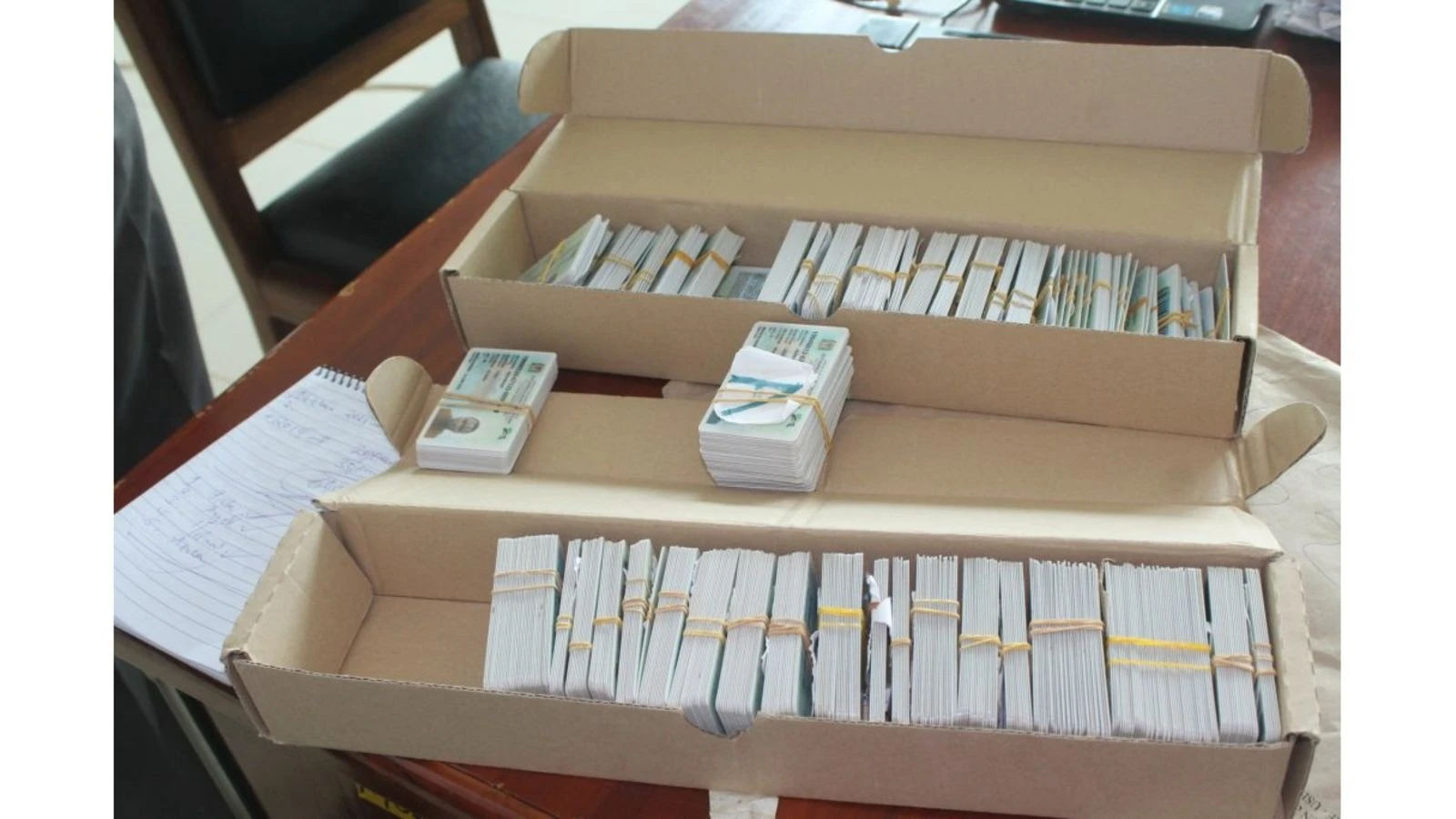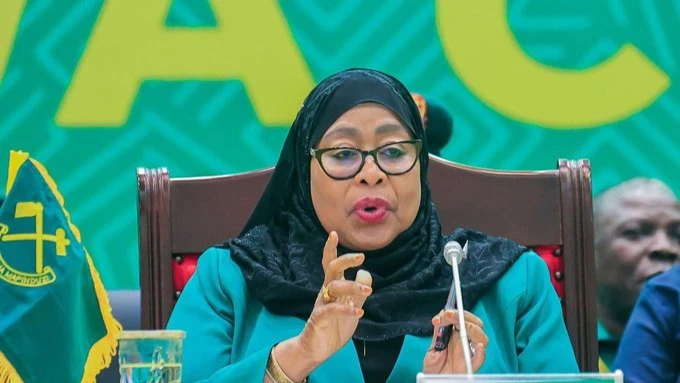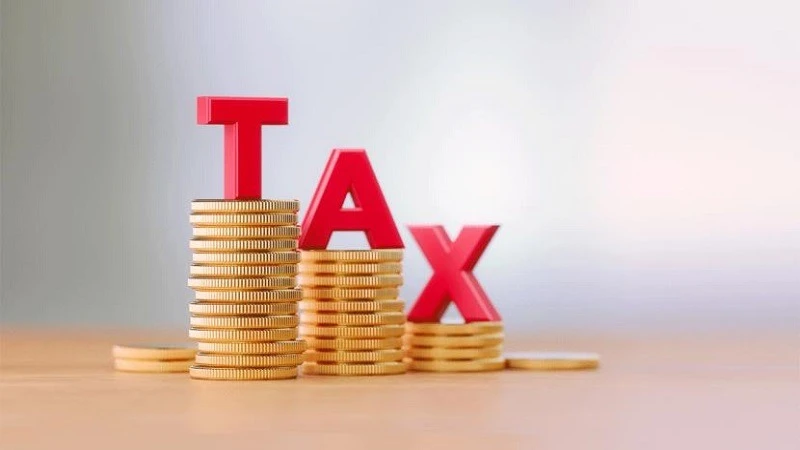Launch of a renewable energy project to chip in current strategy
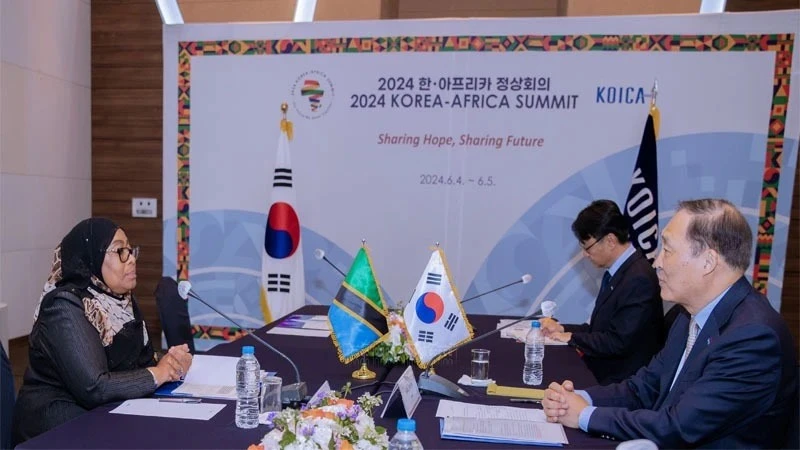
THERE are full-blown plans for a national renewable energy rollout strategy, with officials saying the new programme is meant to stimulate investments in the subsector.
The idea is for the launch of the strategy to reflect the National Development Vision 2025, now being rolled out in view of plans for financial year 2024/2025 being in the last stages.
What this means is that the rollout is a precocious measure for Vision 2025 for the country to take up its role in reducing carbon emissions.
That would be apart from carbon trading via expansion of conservation areas eligible for such mechanisms, already a widening trade.
It is not far-fetched to say that, in relation to the 17 global Sustainable Development Goals (SDGs) and emissions reduction generally, we have been seeking opportunities there – including in conserving areas for carbon credits.
Like most other countries, we are hanging out on the coal trade and the national clean cooking energy strategy takes its parameters from health, the cost of smoke or fire specks to eyes, with a vital addition that clean cooking energy reduces tree felling and the clearing of woodlands for charcoal.
Firewood is meanwhile quite often discarded dry wood rather than resulting from tree felling.
At the time that a summit was taking place in the French capital, Paris, on ways of financing the clean cooking energy strategy for Africa, a breadth of activists came up with the slogan ‘Don’t gaslight Africa’.
It is evident that the focus there was electricity generation – suggesting that natural gas ought not be the main focus for getting most villages in Africa connected with the national grid.
Yet each country will adopt strategies related the resources it has. That would be to say that in East Africa it is Uganda which will likely show greater tolerance for diesel and petrol for cars as it has the resource.
While Tanzania could be said to have natural gas for the preferred clean source of cooking energy, activists and public authorities in Kenya go for renewables.
An official reached for comment talked of moving away from the use of biofuels such as firewood and charcoal for cooking, where we not only reduce pollution but also improve the climate and the lives of millions of people.
There are also institutional bottlenecks that might hinder a proper rollout of a renewable energy strategy, the first being inability to form small companies that can generate power to the local level – for instance, with dumpsites.
There is a belief that all the power generated ought to be sold to the state-own monopoly at a price it would itself dictate. If alternative energy companies are drawn from the private sector and involve some big local investors, plenty will come up as implications.
In other words, a sustainable renewable energy strategy might have to start with a dismantling of the energy monopoly into competing companies, complementing their market share with renewables.
In essence, reform would have to be leveraged in the strategy so that the state monopoly’s rights don’t dislodge it.
Top Headlines
© 2025 IPPMEDIA.COM. ALL RIGHTS RESERVED










